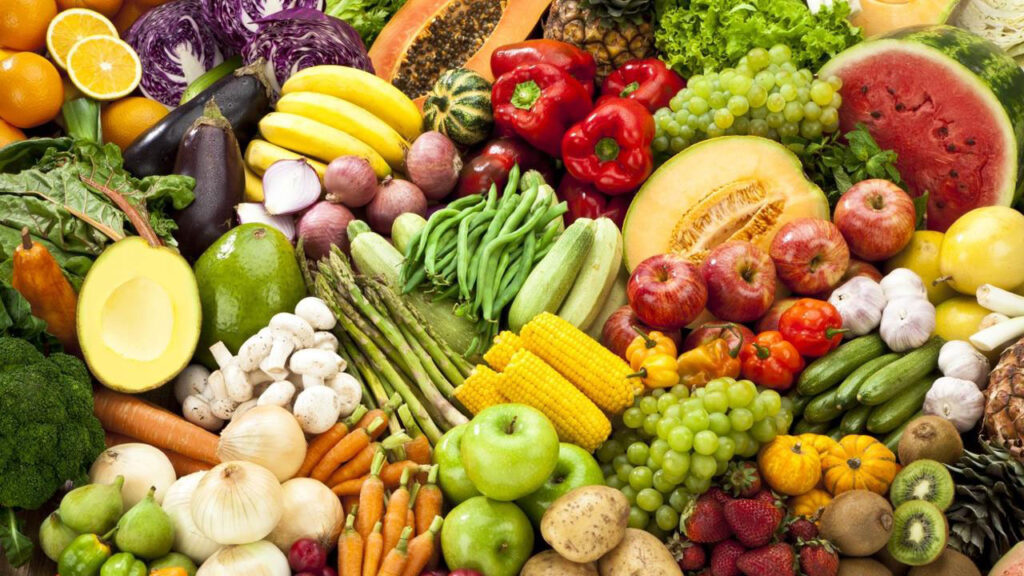1. There are no two ways about it: vitamins are essential for keeping the body working properly. We can’t produce most of them ourselves, which means we need to find them elsewhere – normally through what we eat. A balanced diet must include all necessary vitamins.
2. Vitamin A, including retinol, impacts eyesight, the functioning of the immune system and our skin, among other functions. You can find it in liver, dairy products, eggs, some leafy greens, sweet potatoes and carrots.
3. There’s not one vitamin B. Instead, there are eight B vitamins: thiamine, riboflavin, niacin, pantothenic acid, pyridoxine, biotin, folate and cobalamins. Sometimes they’re referred to by numbers from 1-12; there’s no 4, 8, 10 or 11. You need all of them.
4. Between them, B vitamins have a powerful influence on metabolism, the workings of various enzymes, and making and repairing DNA. You often find them in foods including various fruits, vegetables, nuts, legumes, whole grains, dairy, fish and meat, especially pork.
5. Vitamin C is famous for being in oranges, but you’ll find it in lots of different fruits and vegetables. It’s vital for ensuring skin is healthy and heals properly, and it has a powerful effect on the immune system – although rumors of its ability to heal the common cold may be exaggerated.
6. Vitamin D is different because the primary source isn’t dietary. You get most of it from sunlight, although it’s also found in some fish, offal (like liver), eggs, dairy and mushrooms. You need vitamin D to make dietary minerals like calcium and magnesium work properly.
7. The important thing to remember when absorbing vitamin D is not to get sunburned. That’s a skin cancer risk.
8. Vitamin E helps protect cell membranes, and it impacts enzyme activation and gene expression. It’s found in various types of oil, such as rapeseed and sunflower, as well as nuts, seeds and vegetables.
9. The last of the vitamins is vitamin K. You need it to help your blood coagulate (clot) and to control the impact of calcium on your bones. The best sources are leafy greens.
10. Not everyone finds all the vitamins they need in their diet. Some cereals and grains are fortified with extra vitamins. Some people also need to take supplements, although taking supplements when you don’t have a deficiency might not do much.




